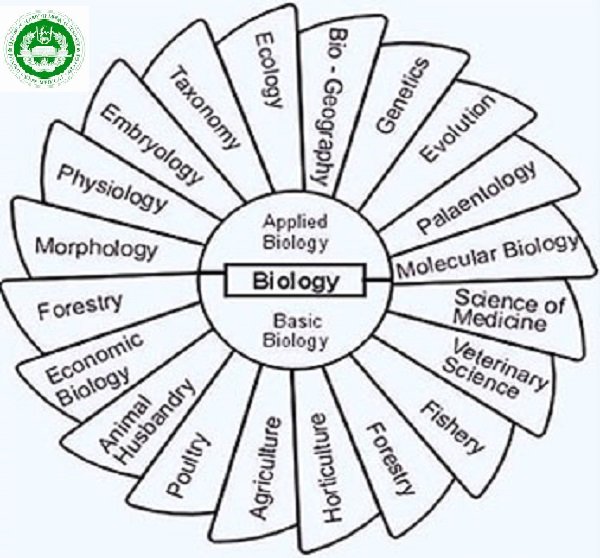Branches of medical science | Medical Science..

Medical is divided into many branches.
These can be divided into three groups. Primary or Basic, Paracquinic and Clinical Basic branches include anatomy or ornithology, physiology or physiology, biochemistry or biochemistry etc. Among the parceling branches, microbiology, pathology or pathology, pharmacology or pharmacology is one of the major. Clinical is the practice medicine. Its main two branches are medicine and surgery or surgery. There are also many metaphysics, pediatrics or pediatrics, psychiatry or psychiatry, imaging, and radiology, etc. All of them have many specialty branches.
Anatomy: Anatomy is the study of the physical structure of the organism. Besides, macroscopic or gross anatomy, cytology, and histology are also related to it.
Organic Chemistry: In the case of animals, especially the structure and effectiveness of structural materials.
Biomechanics: Biomechanics is a mechanical method to study biological methodology and activities.
Biostatics: Biostatics is a broad application of biology. Knowledge of biostatics is essential for planning, evaluation, and interpretation of medical research. It also serves as a fundamental subject for epidemiology and evidence-based medicine.
Biological Science: It is an interconnected science that takes the help of physics and physical chemistry to study biological methods. *
Cytology: It is a microscopic research case for individual cells. *
Embryology: Research on how the fetus develops. In 1885 Louis Pasteur did his first study of embryology in his laboratory. *
Endocrinology: It is the study of hormones and their effect throughout the whole body of animals.
Epidemiology: This issue is used in the study of demographic studies, but it is not limited to pandemic research. *
Genetics: Gene discusses research, biological heritage, and their role. *
Histology: It is the study of biological tissue structure by the microscopy of light, electron microscopy, and immunohistomyomia.
Immunology: The study of the immune system, for example, which deals with the innate and adaptive immune system in humans. *
Medical Physics: focuses on the application of the principles of physics in the medical field. *
Microbiology: It is a science-based learning theory with protozoans, bacteria, fungi, and viruses. *
Molecular biology: The study of the molecular basis of the transcription of genetic material and the translation process. *
Neuroscience: This includes science related to the study of the nervous system. The main subject of neuroscience is the human brain and the spinal cord. Neurology, neurosurgery, and psychiatric disorders include neuroscience. *
Nutrition Science: (Theoretical Focus) and Dietetics (Focus Focus) focus on food and water with health, disease relationships. Medical nutrition therapy is basically administered by the dietitian and is directed for various diseases such as diabetes, cardiovascular diseases, weight loss and food intake, allergies, malnutrition, and neoplastic disease.
Pathology: The study of the causes, the course, progress and its resolution of the disease.
Pharmacology: It basically reviews drugs and their procedures.
Photobiology: It is the study of non-ionizing radiation and interactions between living organisms. *
Physiological: Research on the general work of the body and the underlying regulatory mechanism.
Radiobiology: Research on the interactions between ionization, radiation and living organisms.
Toxicology: Research on the toxic and dangerous effects of the drug.
Nice information
good post and information also..thnx for sharing.
Anatomy: Study of the structure of the human body.
Physiology: Study of bodily functions and processes.
Pathology: Study of diseases, their causes, and effects.
Pharmacology: Study of drugs and their effects on the body. Join now